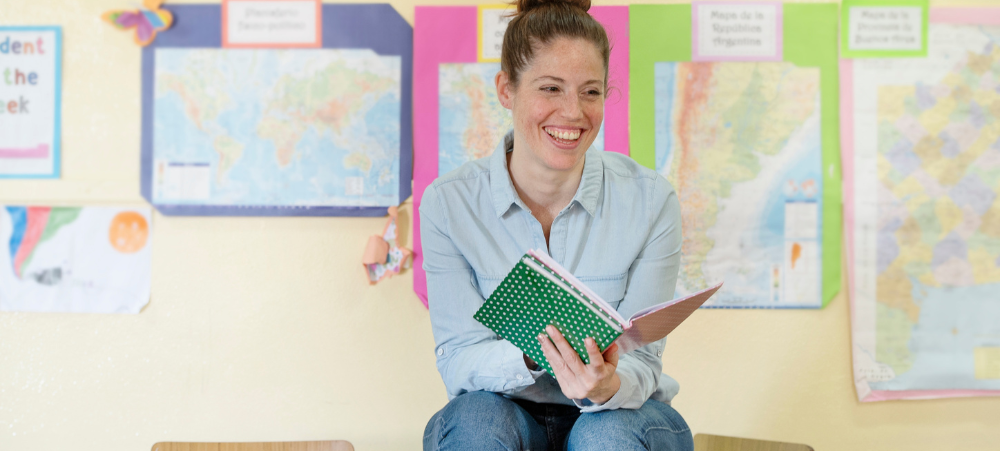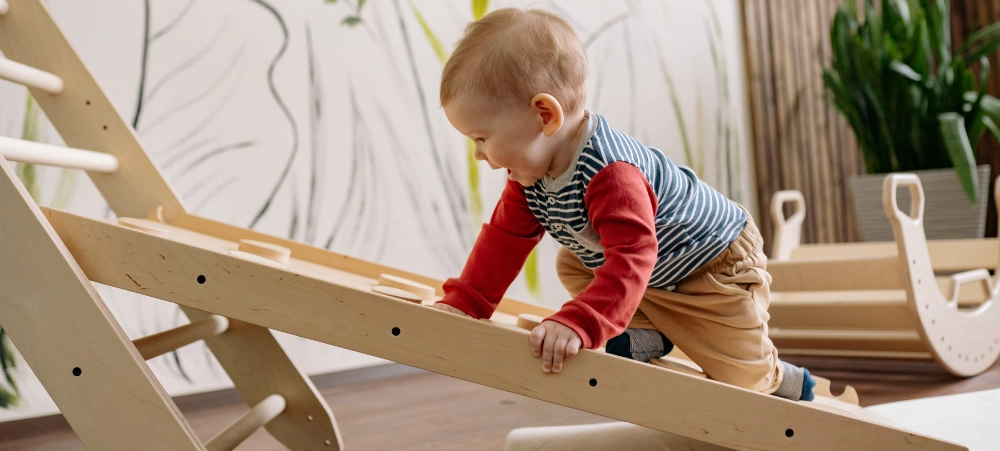In today’s fast-paced world, it’s easy for South African parents to fall into the trap of overscheduling their children. Our little ones can quickly find their days packed from morning till night between school, sports, cultural activities, and playdates. For children aged 6 and under, finding the right balance is crucial for their development and well-being.
In South Africa, where cultural diversity and vibrant community life offer a plethora of activities, it can be tempting to enrol children in everything from soccer to dance and from isiZulu classes to music lessons. However, overscheduling can lead to stress and fatigue, even in the youngest children. Imagine the life of a child who spends most of their day moving from one activity to another without a moment to breathe. The joy of exploring their surroundings, playing freely, and simply being a child gets overshadowed by the constant rush of scheduled activities.
As parents, we want the best for our children, aiming to provide them with opportunities to learn and grow. However, it’s important to remember that unstructured playtime is equally valuable. Free play allows children to use their imagination, develop social skills, and learn at their own pace. It’s during these moments of unstructured time that they often discover their interests and talents.
Children thrive when they have a mix of structured activities and free play. Think of it as creating a balance between learning and relaxation. Structured activities, like soccer practice or a dance class, help develop specific skills and introduce children to teamwork and discipline. On the other hand, free play fosters creativity, problem-solving abilities, and independence.
To find this balance, start by observing your child. Notice how they react to different activities and their overall mood. Are they excited and eager to participate, or do they seem tired and overwhelmed? Listening to your child’s cues can guide you in adjusting.
In South Africa, creating a weekly schedule that includes downtime is beneficial. This doesn’t mean eliminating all activities but rather spacing them out and ensuring there are periods for rest and relaxation. Having a predictable routine helps children feel secure, but it should be flexible enough to accommodate their need for free time.
Communication is key. Talk to your child about their day and how they feel about the activities they are involved in. Their feedback is valuable and can provide insights into what they truly enjoy. Sometimes, children might not verbally express their feelings but might show signs of distress through behaviour changes, such as irritability or a lack of enthusiasm.
Family time is another important aspect of achieving balance. Simple activities like reading a book together, going for a walk, or cooking a meal can be incredibly enriching. These moments not only strengthen family bonds but also give children a sense of stability and comfort.
In South Africa, where community and family are deeply valued, it’s essential to manage our expectations and resist the pressure to fill every moment with structured activities. Trust that giving children the freedom to explore and play on their own terms is just as important for their growth.
By finding a balance between scheduled activities and free play, we create an environment where our children can flourish. They will learn to enjoy both the structured opportunities to learn new skills and the invaluable time to simply be kids. In the rich and diverse cultural tapestry of South Africa, striking this balance will help our children grow up healthy, happy, and well-rounded.
Article by: Kelly Grace Eyre
- Are We Over-Scheduling Our Children? - December 16, 2025
- Five Ways to Encourage Independence and Confidence in Children with Special Needs - December 9, 2025
- Ten Beautiful Gifts to Give Your Child This Christmas - December 5, 2025





